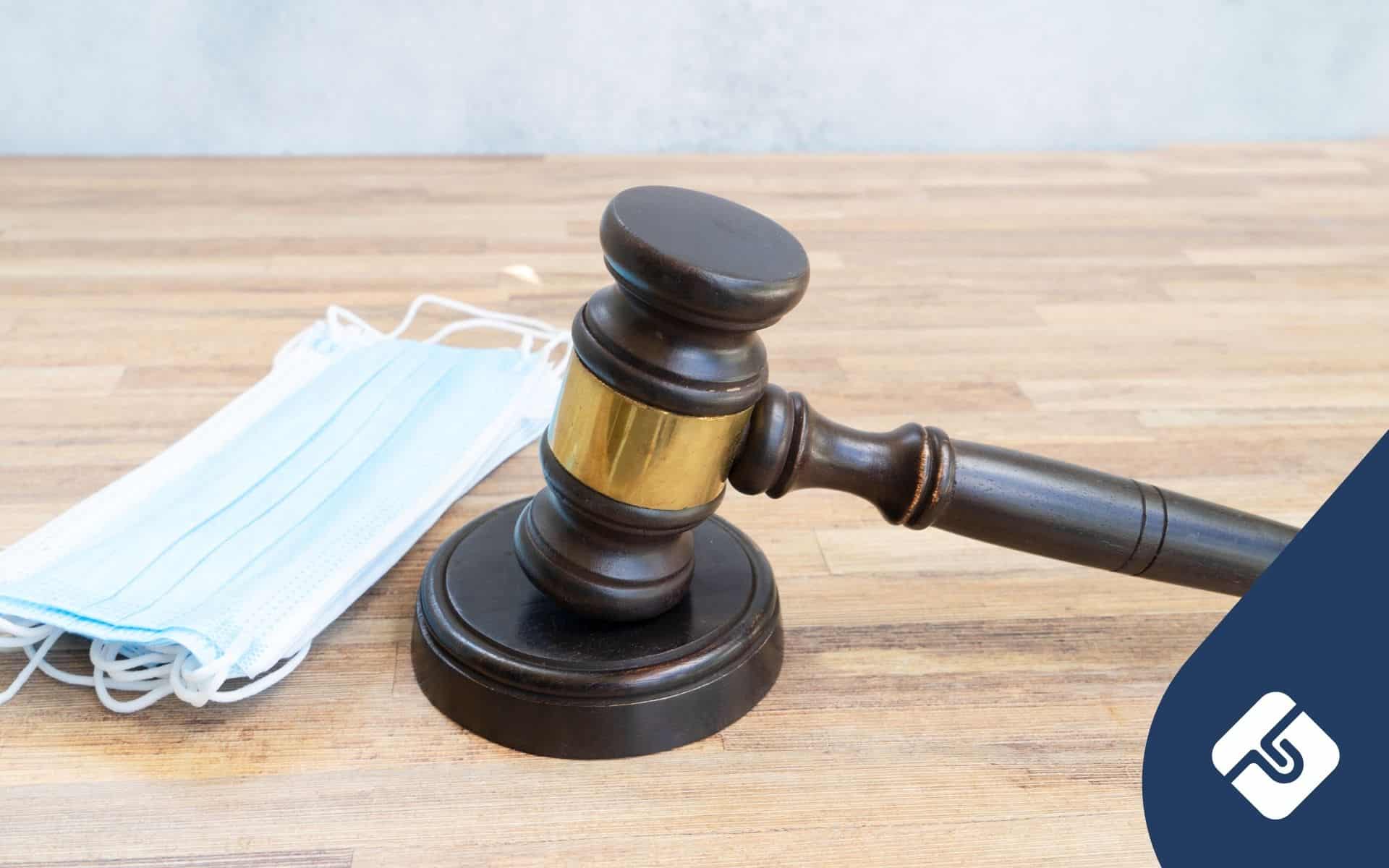Communications and legal business professional with experience working in top-tier global law firms, high-growth startups, and legal technology across APAC, the UK and US. Currently the B2B Relationship Manager at Pogust Goodhead, a global class actions law firm specialising in ESG, consumer, competition and human rights law with offices across the United Kingdom, Europe, United States, and Latin America. Formerly a practising NSW lawyer and Content Manager at Lawpath.
The COVID-19 pandemic has caused much of the economy to shutdown. The legal system is not immune to this, and there are measures in place to protect litigants, lawyers and Court staff. In this article, we’ll outline the different Court responses to COVID-19 and what this means for litigants.

Get a fixed-fee quote from Australia's largest lawyer marketplace.
State and Territory Courts
New South Wales
Online hearings in the Supreme Court will take place through Audio Visual Link (AVL). There should be no personal appearances in the Court, whether by litigants or solicitors. Parties to upcoming listings will be contacted by the Court about their matter, with documents lodged online on the NSW registry portal.
Further, new jury trials have been suspended since 16 March 2020. Jury trials currently underway are continuing, with appropriate safety and health measures in place.
Victoria
Civil and criminal matters are taking place virtually. Similar to NSW, new jury trials are not running. Court documents need to be filed online at redcrest.com.au.
Queensland
Queensland Courts are open however, most matters will be heard by video or telephone conference. Current jury trials are continuing, with new jury trials ceasing until further notice. For matters that do require you to attend in person “safe distances should be maintained, and practitioners should not be present in court other than when their matters are being dealt with.”
South Australia
New jury trials will not commence until 1 May 2020. Outside of this, hearings will occur mainly via email until 8 May 2020. Court documents are to be lodged online and sent to the registry by email or post.
Tasmania
Tasmania has permitted the use of eFiling for all practitioners in the State. Hearings will primarily occur by AVL to minimise in-person attendance. Jury trials will not recommence until at least 21 July 2020. Trial cases will be adjourned until after 21 July 2020.
Western Australia
Judge-only trials will continue as scheduled, with jury trials adjourned until July 2020. Hearings will continue by AVL, with vacated hearings having priority once the Court resumes its full operations.
Northern Territory
Criminal hearings in the Northern Territory will not resume until June 2020, with jury trials not recommencing until 5 June 2020. Public-facing counters are closed, meaning that documents can only be filed online. Civil hearings will continue using AVL.
Australian Capital Territory (ACT)
Courts in the ACT have reduced activities, but will continue to exercise essential functions. Hearings will continue as usual, with AVL being available for some matters. Documents have to be eFiled and will not be accepted by email. Jury trials will not occur until further notice.
Federal Courts
High Court of Australia
Along with other Court responses to COVID-19, the High Court has announced that it will not be sitting in April, May and June. Judgments will still be delivered, with AVL being used for urgent matters.
Federal Court of Australia
Since 24 March 2020, the Federal Court has ceased face-to-face services, and documents can only be filed online. Hearings will take place using AVL or other remote access technology. Further, the Court has acknowledged that many matters may be delayed, but using technology will help mitigate this.
Family Court of Australia
The Family Court is seeking to minimise in-person attendance at the Court where it can. The Court will accept documents for filing by email to the relevant registry. Further, the Court will contact lawyers and litigants to ascertain whether listings and events can be conducted on the papers or remotely using technology.
Federal Circuit Court of Australia
The Federal Circuit Court of Australia is following similar protocol to the Family Court. All documents have to eFiled on the Commonwealth Courts Portal or emailed to the registry. Matters will be decided on the papers or by telephone, unless a face-to-face hearing is absolutely necessary.
Don't know where to start?
Contact us on 1800 529 728 to learn more about customising legal documents, obtaining a fixed-fee quote from our network of 600+ expert lawyers or to get answers to your legal questions.






